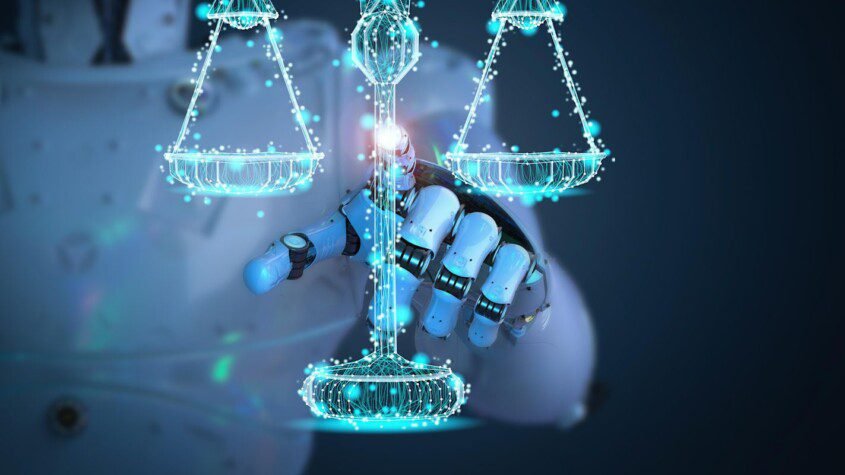
Ethical Artificial Intelligence: Introduction
Robots live among us… Well, perhaps not quite. But anyone with access to the media can’t fail to have noticed that ‘artificial intelligence’, as it is being called, is rapidly permeating every aspect of our lives, both at home and in the workplace.
While purists would insist that the term ‘artificial intelligence’ is in fact a misnomer, this moniker remains a useful way of referring to current and future applications of a number of technologies. These include machine learning and neural networks, process automation, affective computing and sentiment analysis, natural language processing, and similar. They are already influencing national and global economies and security on the macro scale, and we may well not yet have comprehended the potential long-term impacts—even in science fiction.
So how do we prepare ourselves for the future? While I don’t claim to have the answer, I hope in this series to bring out some of the ethical and legal issues I see arising out of the creation and deployment of artificial intelligence. Among others, I plan to cover topics including trustworthiness, intelligibility, fairness, accountability, democratization and equality of access, integration of AI into organisations and society, and the interplay with human rights.
Ethical Artificial Intelligence, Part One: Trustworthiness
To kick off the series, I’ll start by explaining why I see trust as being vital to the widespread adoption of AI, and therefore why we need multi-disciplinary co-operation to establish sensible approaches to building trust.
As with any new technology, we all have some preconceptions about what artificial intelligence is—typically drawn from popular media. We’ve seen film and television portraying images of Schwarzenegger as a ‘T-800’ or the ‘Cybermen’ from Doctor Who, or the somewhat less homicidal Wall-E or C3PO. We’ve come across AI in literature, such as Arthur C Clarke’s ‘HAL-9000 (homicidal again) or Douglas Adams’ much-loved (if perpetually paranoid) ‘Marvin’. I’d like to think most people are aware that these are fictions, and that the realities of artificial intelligence are—thankfully?—substantially different. But the facts behind AI and what it can do are still relatively unknown to most people.
For the most part…

















